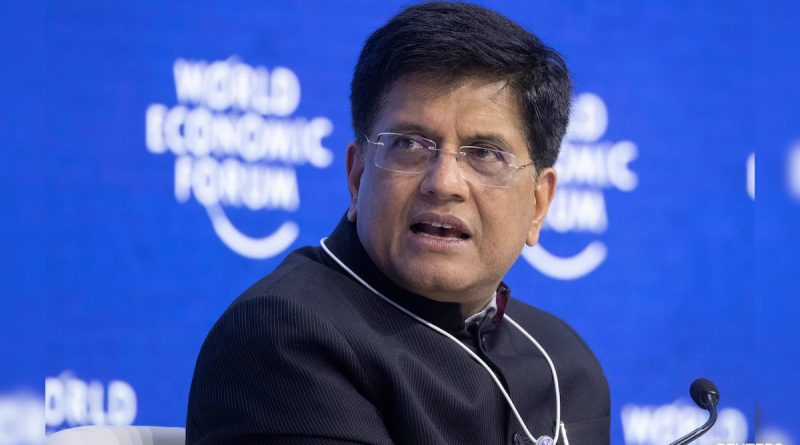Piyush Goyal’s Deep Tech ‘FOMO’ Is Not Uncommon
Can India Keep Pace with the Global Tech Race?
Introduction: A Call to Action for Indian Startups
The 2025 edition of Startup Mahakumbh in New Delhi saw Commerce Minister Piyush Goyal delivering a provocative address to the Indian startup ecosystem. In a pointed critique, Goyal questioned, “Are we going to be happy being delivery boys and girls?” He challenged the industry to transcend its current focus on food delivery apps and gig economy jobs, urging entrepreneurs to aspire to create a “Viksit Bharat 2047” or a developed India by 2047.
Comparative Analysis: India vs. China
Goyal drew stark comparisons between Indian and Chinese startups. While Chinese companies have pioneered advancements in electric mobility and mobility tech, he argued that Indian startups remain fixated on consumer services like food delivery. This, he suggested, is inadequate for sculpting a new India. The minister’s remarks ignited backlash from the startup community, which pointed out inaccuracies in his comparisons and called for a fair evaluation of regulatory and policy frameworks between the two nations.
Deeper Concerns: A Global Tech Divide
Goyal’s critique reflects broader anxieties about the rapid evolution of artificial intelligence and the potential for a global divide between AI-rich and AI-poor nations. There’s a looming sense of unpreparedness for a future dominated by deep tech. This apprehension isn’t unique to India; it’s a sentiment echoed worldwide, where nationalist leaders aim to galvanize private entrepreneurs to share their sense of urgency.
The February Meeting in China
In February, China’s leadership convened with business leaders, emphasizing alignment with the Communist Party’s goals for high-quality growth. President Xi Jinping reassured entrepreneurs of consistent support for the private economy, urging them to focus on hard tech and industrial technology. This meeting underscored China’s strategic emphasis on technological advancement.
The Draghi Report in Europe
Mario Draghi presented the Future of European Competitiveness report, highlighting Europe’s lag in tech innovation. He pointed out that no EU company with a market capitalisation over €100 billion has been established in the last fifty years. Draghi advocated for a conducive environment and investment in skills and technology, emphasizing that these elements must work in tandem for Europe’s success.
The Tech Bros in the US
In the US, a brand of tech nationalism is emerging, championed by tech billionaires like Alex Karp, CEO of Palantir Technologies. Karp’s book, The Technological Republic, criticizes the focus on consumer apps at the expense of substantial technological advancements. He argues for a renewed commitment to innovation that addresses significant national challenges. This aligns with the political aspirations of figures like Donald Trump and JD Vance, backed by influential tech financiers.
Can India Catch Up?
Goyal’s call to action for Indian entrepreneurs to embrace the wave of nationalism reflects a global trend. However, entrepreneurs argue that India’s current conditions aren’t conducive to innovation. Despite high mobile phone penetration, computer literacy remains low, particularly in rural areas. The data suggests that while Indian startups have achieved some success, it is often despite government challenges rather than because of supportive policies.
Ultimately, while Goyal may inspire young Indians, addressing the skill gap is crucial for competing on the world stage.
Dinesh Narayanan is a Delhi-based journalist and author of ‘The RSS And The Making Of The Deep Nation’.
Disclaimer: These are the personal opinions of the author.

